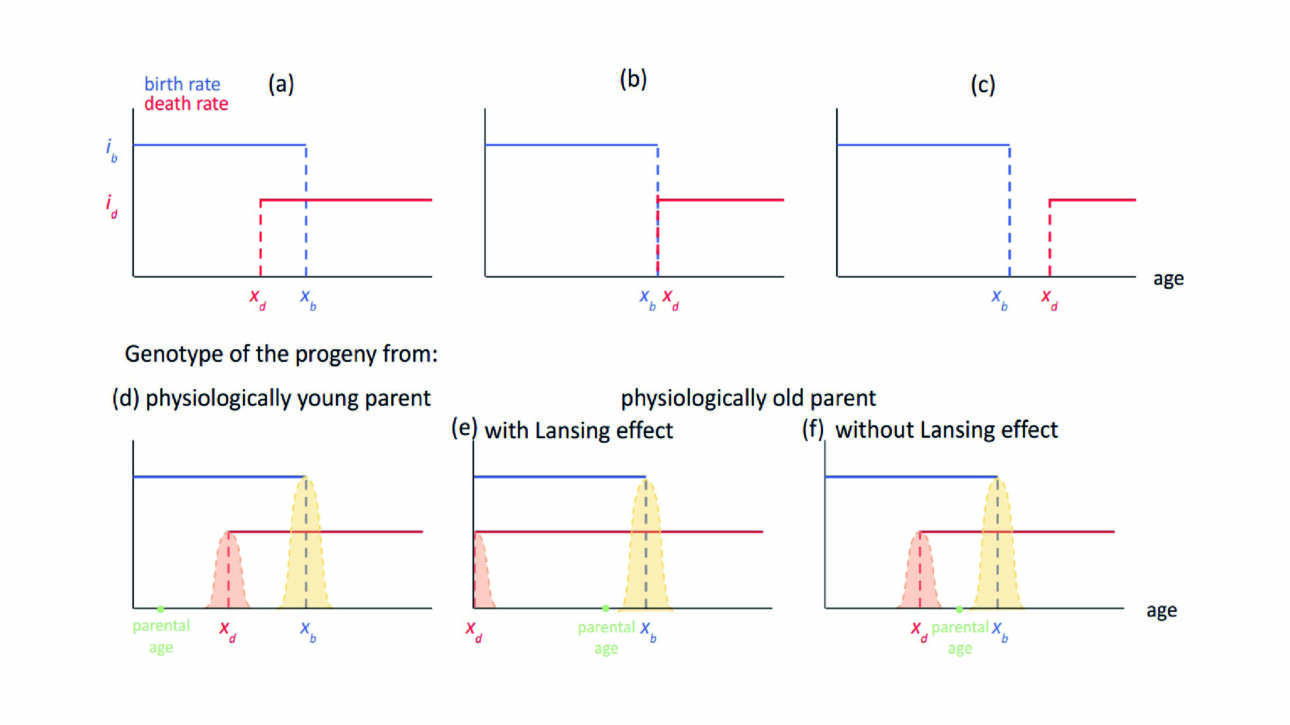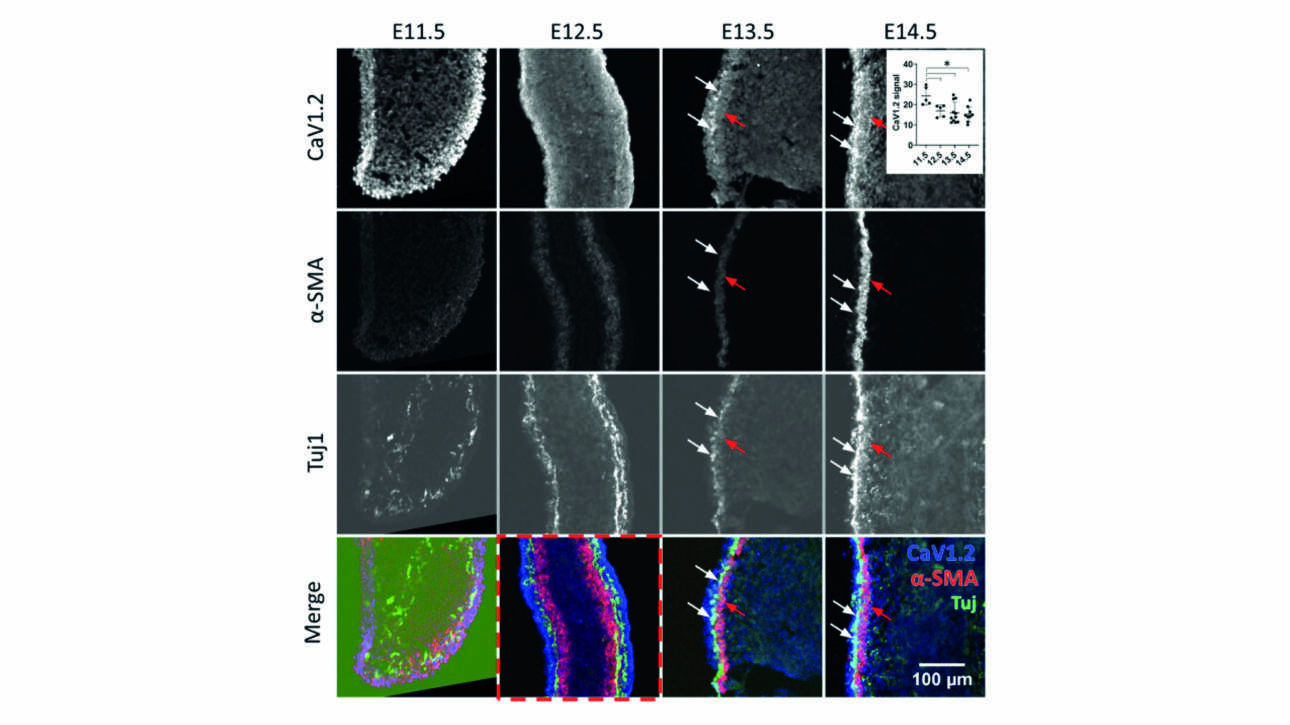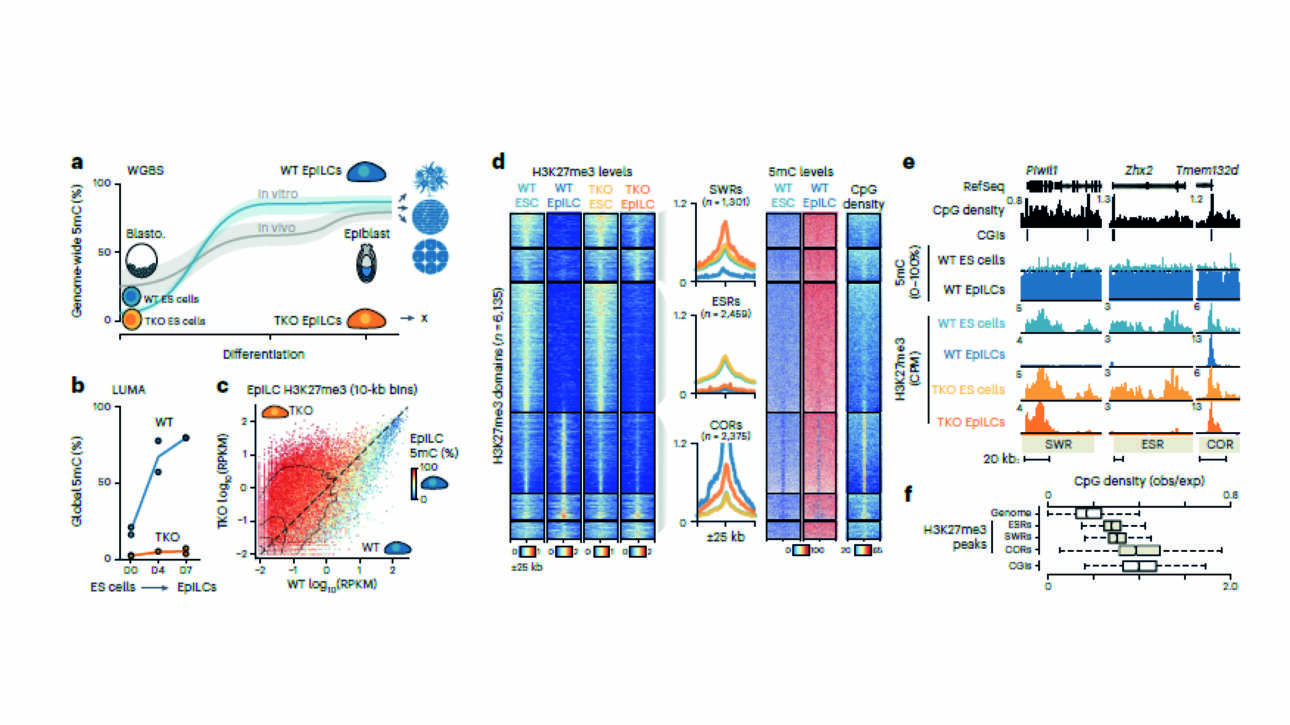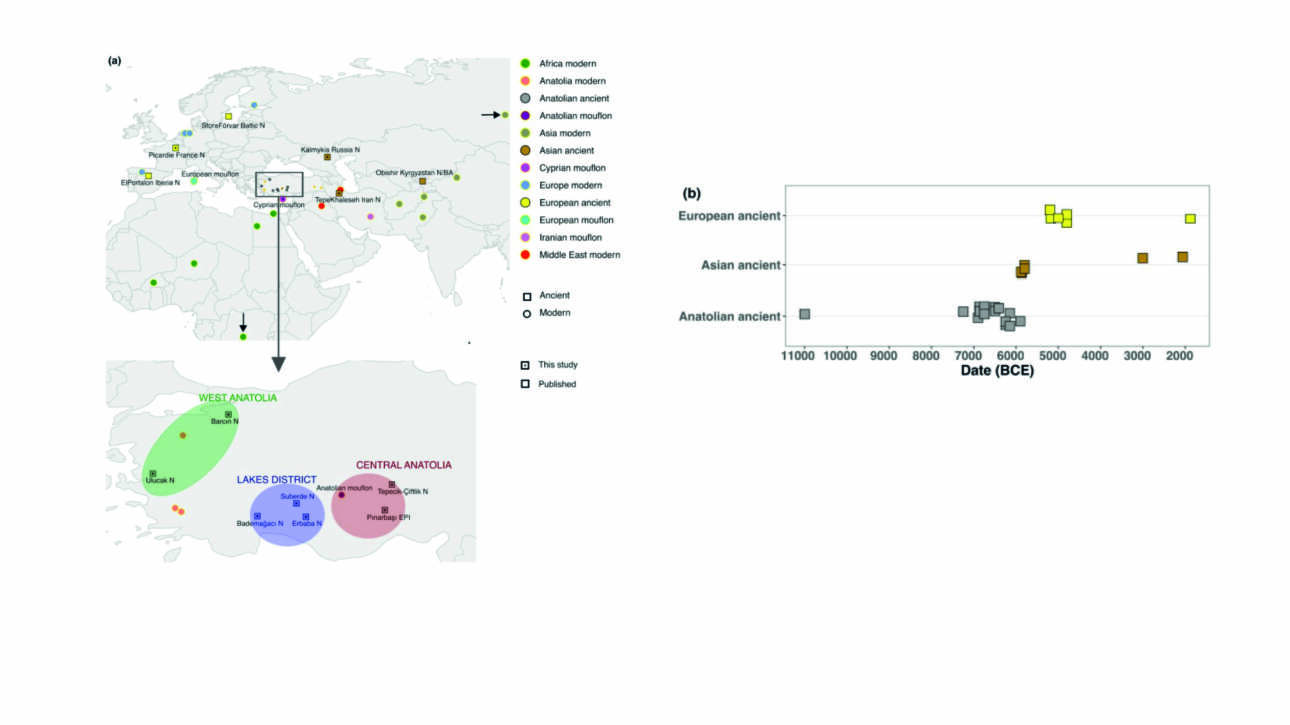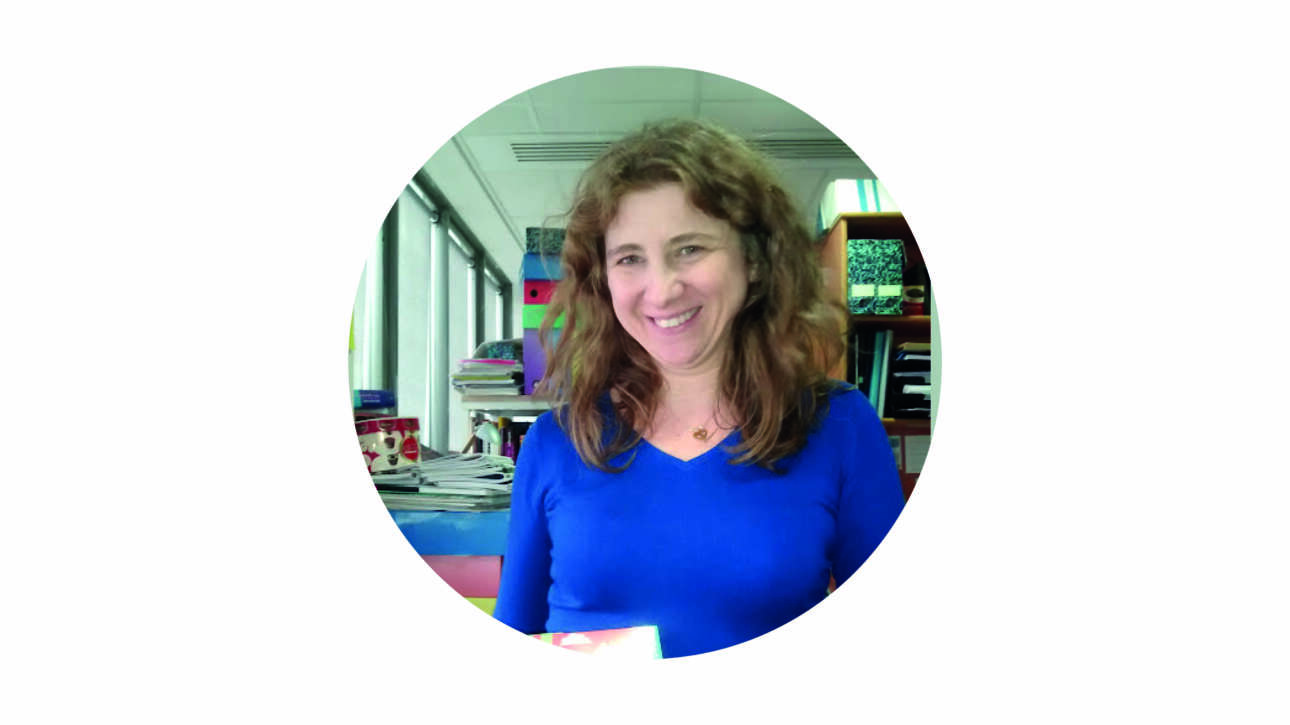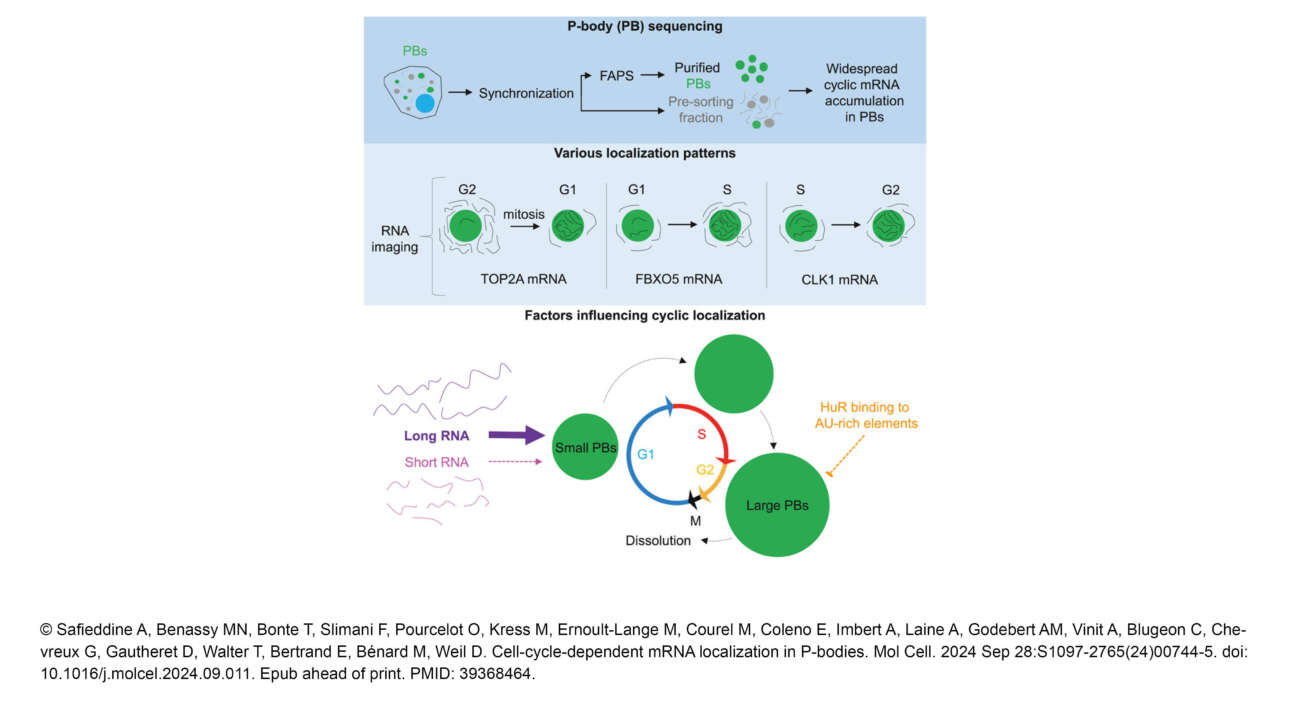L'équipe Courtier a publié un nouvel article dans Evolutionary Biology :
A scenario for an evolutionary selection of ageing
Résumé :
Signs of ageing become apparent only late in life, after organismal development is finalized. Ageing, most notably, decreases an individual’s fitness. As such, it is most commonly perceived as a non-adaptive force of evolution and…
